Windows is the most popular operating system in the world, and you’ll find it on almost every desktop, mobile, and handheld computer out in the wild. This has been the situation for years, and the OS has been a huge money-spinner for Microsoft. In fact, it’s what put the company on the map.
However, times are changing and I think there’s a good case to be made that Microsoft shouldn’t be charging money for its OS at all.
It’s a Serious Question
I know your first reaction might be “obviously Windows should cost money”, but the same business model won’t work forever. It’s now been decades since Windows has had any real competition, but that’s changing.
The cost of Windows makes a big difference at the lower end of the market. For computers that cost below $1000, the price of Windows (which is passed on to you via the OEM) can be a significant chunk of the price.
We’ve already seen that laptops and PC handhelds that ship wit Linux instead of Windows can be significantly cheaper. Well over $100 cheaper in some cases. So when someone has a set of needs that can be served by any modern operating system (and they know that) why wouldn’t they save the money upfront?
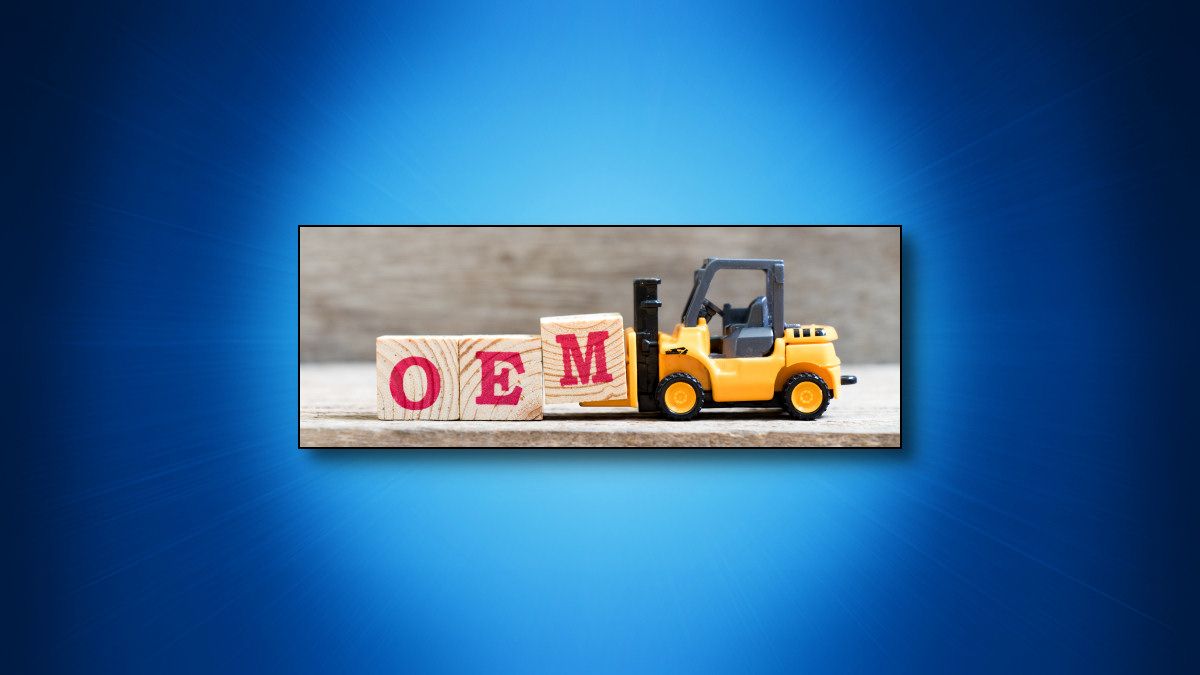
Related
What Does OEM Mean for Computers?
Buying “OEM” can be a great way to save money on PC parts.
Linux and macOS Are “Free” but Cost Money to Develop
When you buy a Mac, you get macOS for “free”. However, of course, Apple is really a hardware company, but its hardware needs software. From the customer’s perspective, macOS isn’t an additional cost, since you get it with your Mac whether you want to or not.
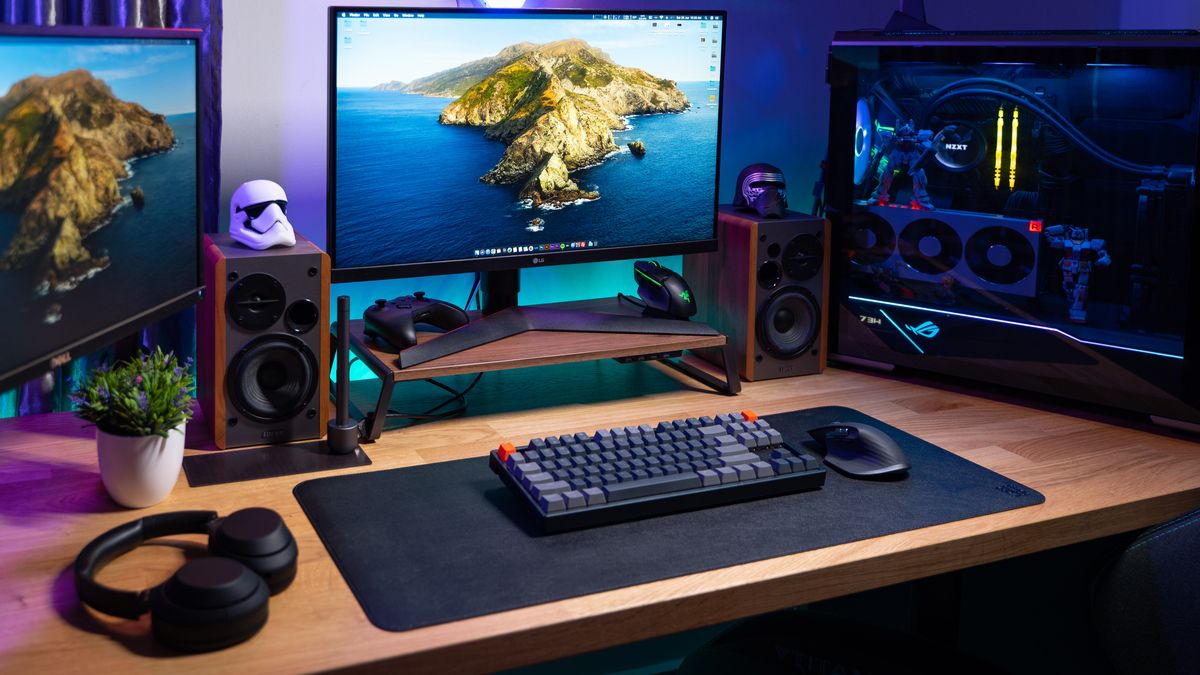
Related
The Hackintosh Will Soon Be Dead, and That’s Just Fine
Say goodbye to the Hackintosh.
Linux is more interesting. The software is “free” (as in freedom, not beer, remember?) but the time and talent of many people contribute to it and someone is paying for that time. This can be donated time by people who believe in the project, or it can be formal investment from companies like Valve. Because even though they have to release their contributions for free, a better Linux benefits them in some way.
The only reason I bring this up is to underscore the point that all operating systems require resources to develop and maintain, but that you don’t necessarily need to charge money upfront for that operating system to see returns on that investment.
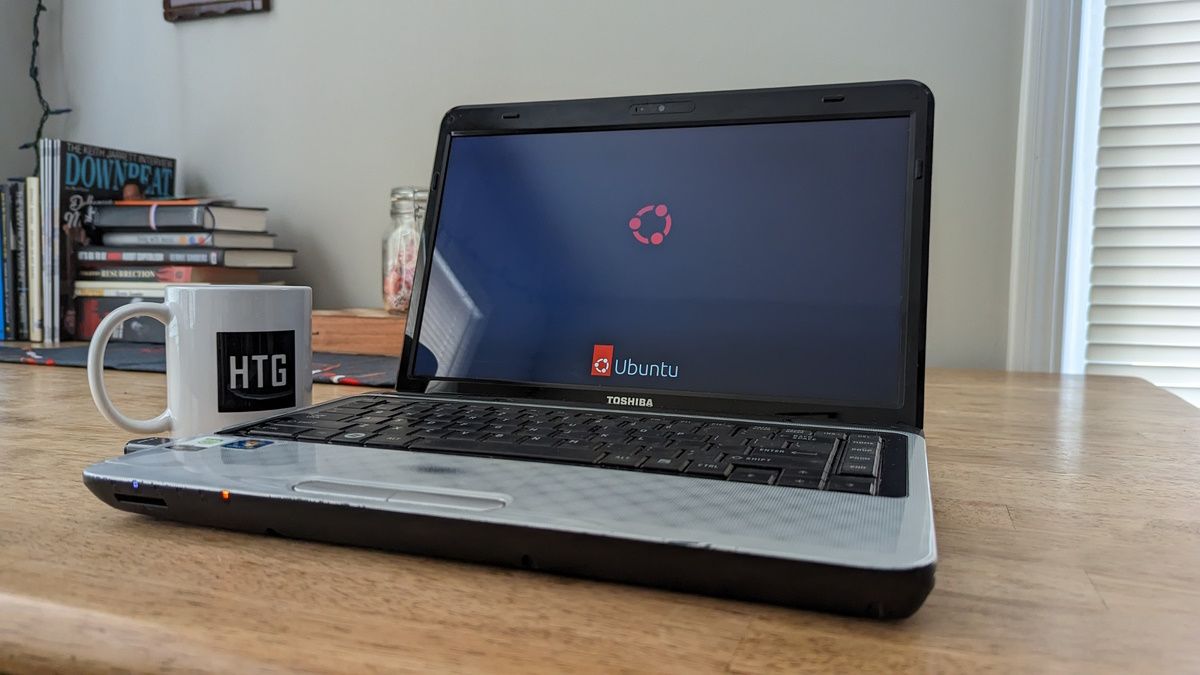
Related
The Best Linux Laptops of 2025
Prefer Linux to Windows? You should buy a laptop that comes with Linux for the best possible experience.
Microsoft Offers Windows Free in Lots of Ways Already
The funny thing is that, although you technically have to pay for a Windows license, Microsoft has been giving Windows away “free” for some time now. You can install Windows 11 by downloading it from the Microsoft website, and then install it on a computer without a product key.
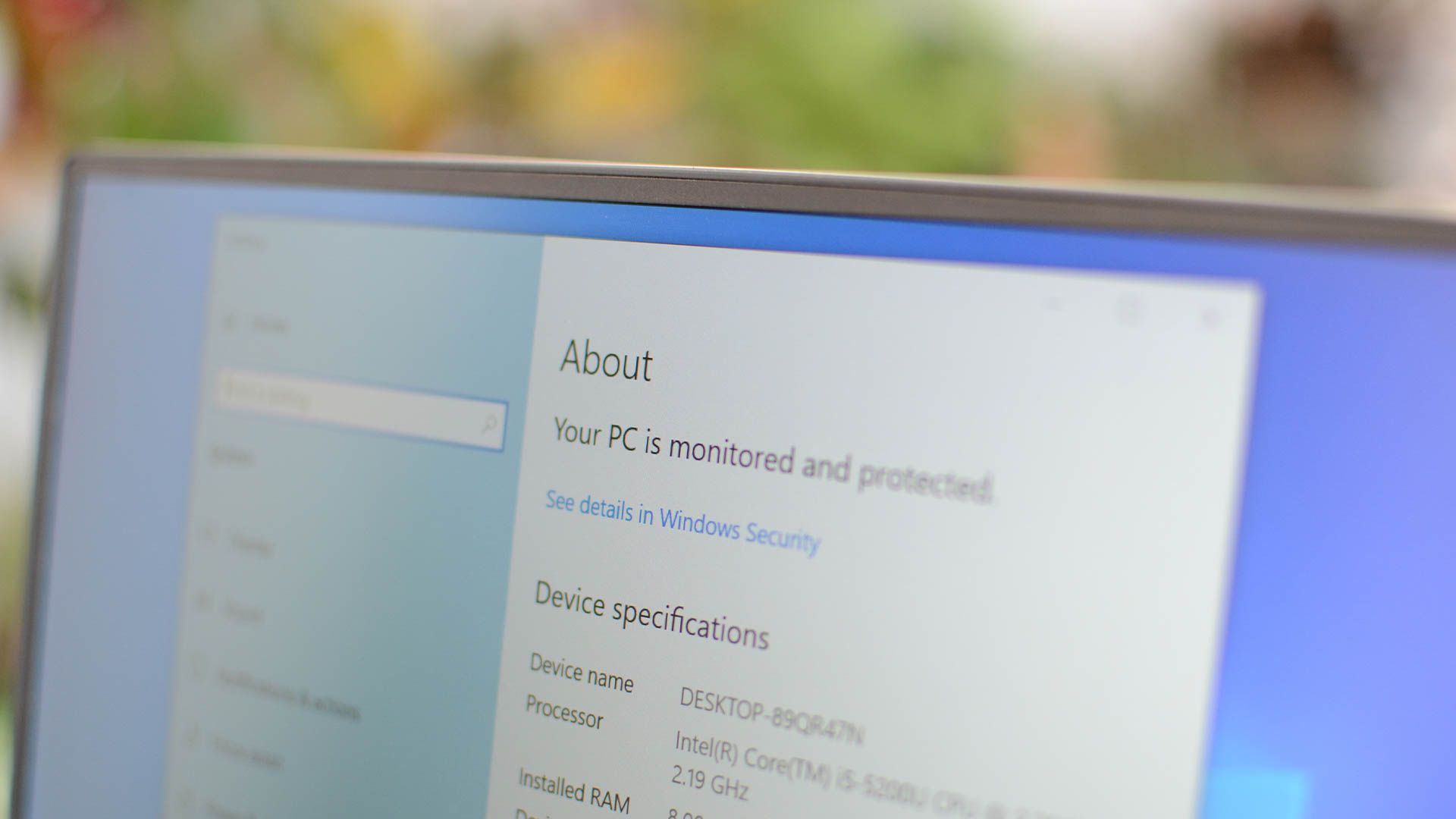
Related
You Don’t Need a Product Key to Install and Use Windows 10
You probably should get a Windows key, though,
Then, you can use it for as long as you like, with updates, and pretty much full functionality without paying a cent. Yes, there are some minor limitations, but if you can look past them, you don’t actually have to put any money down. If you’re using a computer for something like a Plex server or a NAS, those limitations matter even less.
Clearly, Microsoft believes to some extent that it’s better to get Windows on PCs no matter what, and worry about making money from those installations later. After all, even if your copy of Windows 11 isn’t activated, Microsoft will still happily sell you apps and subscriptions.
The Money Isn’t in the OS Anymore
Which brings me to the crux of my argument—the OS isn’t a product anymore. Back when we bought Windows 95 on floppy disk (26 of them!) you needed that operating system for your computer to be useful and run the software you needed. That’s not really the case anymore. I don’t need Windows to run most of the software I use.
For most people, their computing happens in the cloud and their apps mainly run in browser windows. It doesn’t matter whether the underlying OS is Linux, macOS, ChromeOS, or Windows.
Even the last bastion of Windows exclusivity—gaming—is beginning to crumble thanks to compatibility layers that often run Windows games better on other operating systems than Windows does itself. So if you want that revenue stream to keep flowing, you need to add value to your OS beyond the basics.
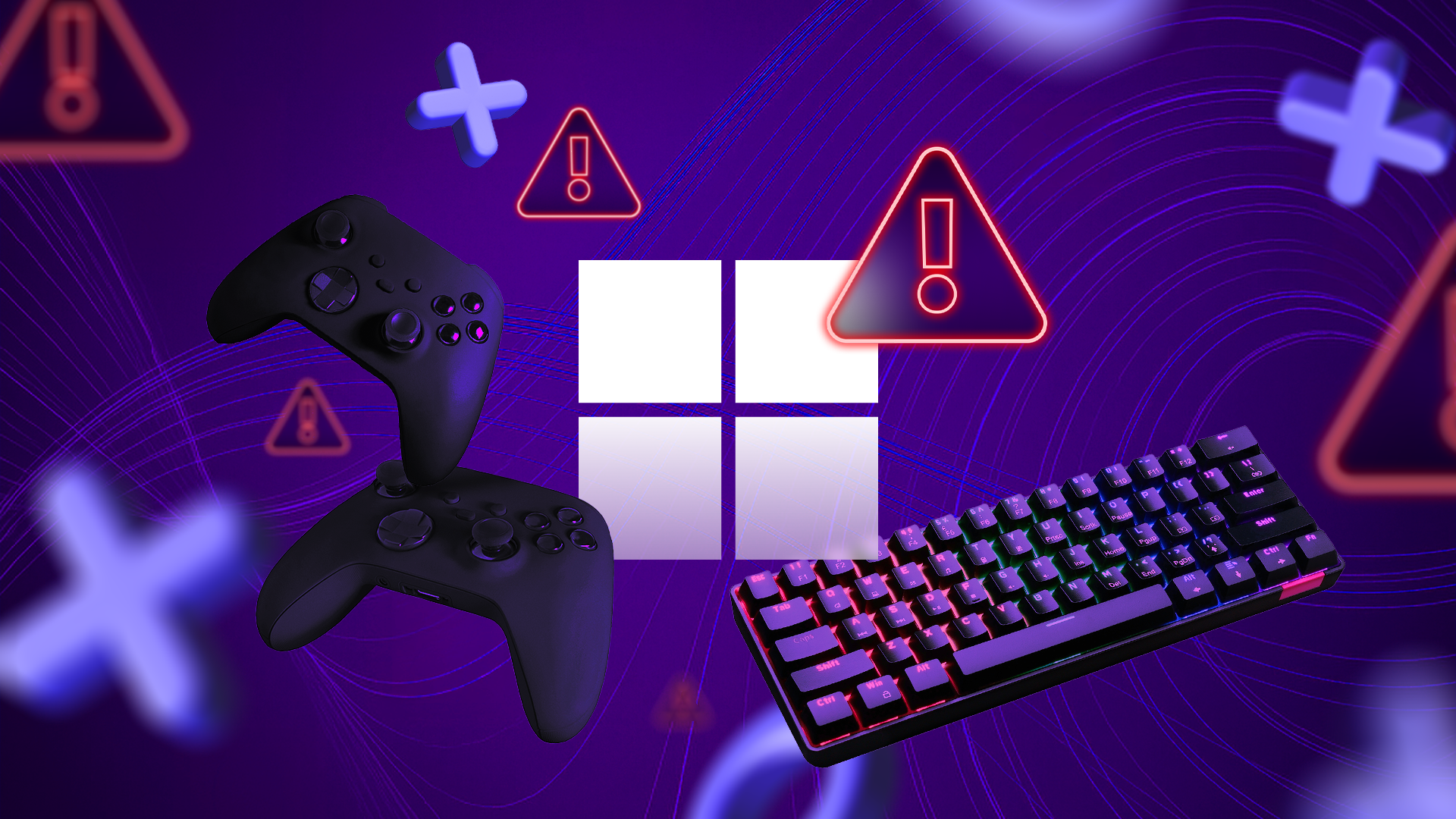
Related
Windows Has Never Been Closer to Losing the PC Gaming Market
It’s make or break for the House of Gates.
Handheld PCs and Laptops Need This Most
As I alluded to above, the need to waive the fee for Windows is most pressing when it comes to devices like laptops and handheld PCs. It’s fine for corporations that lease a million Dell office boxes a year to give Microsoft its pound of flesh, and elite desktop PC builders who spend thousands of dollars on their rigs will barely feel the pinch of the license fee, but when we’re talking about $500 or $700 devices (which most sensible people buy) that license fee is no joke.

- Dimensions
-
0.89×5.02×11.77in (22.6 x 127.55 x 299mm)
- Playing Time
-
1-5hrs
If you’re looking for a Windows-powered gaming handheld with great ergonomics, the Lenovo Legion Go S is an ultra-comfortable model with an entry-level chipset.
Windows Is a Service Now
The truth is, Windows (and every other operating system, if we’re being honest) is just a means to an end. In the case of, for example, the Steam Deck, Linux allowed Valve to make its own hardware.
In the case of a modern Windows computer, it’s an opportunity to bombard users with advertising for apps and services until you finally cave and pay for them. In that context, also having to pay for that “privilege” feels a little off.
Again, we all know Windows costs a lot to make, but it’s a window (ha!) to other better ways of making money. For certain maker segments, I think the price of Windows will end up losing Microsoft money instead of turning a profit.
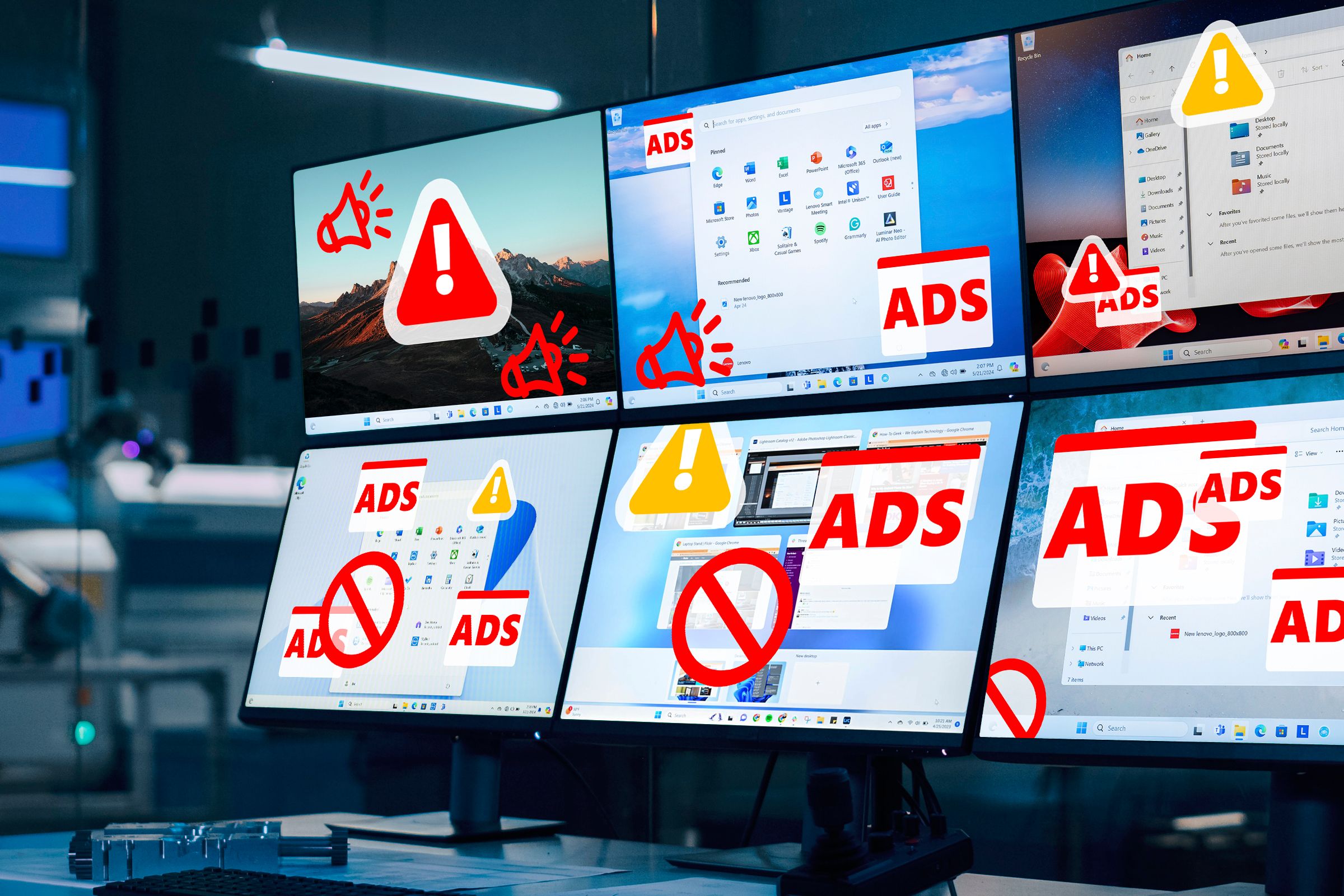
Related
My Windows Computer Just Doesn’t Feel Like Mine Anymore
What am I even paying for?
So Microsoft, why not take that final step and make the consumer, everyday version of Windows free? If you don’t, you might find more and more people click that “no windows” option when they order their next laptop.
I know many of us keep writing about the downfall of Windows every year, and that the “year of Linux” is coming or that “Macs will overtake Windows”, but don’t all the wolf-crying lull you into a false sense of security. Just ask Nokia or Intel—things can change overnight and you can’t say you didn’t see it coming.


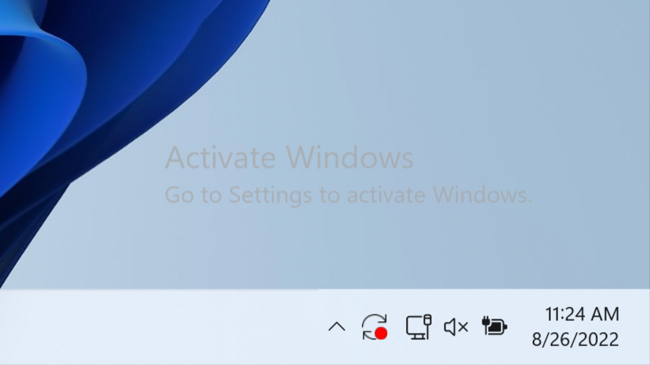
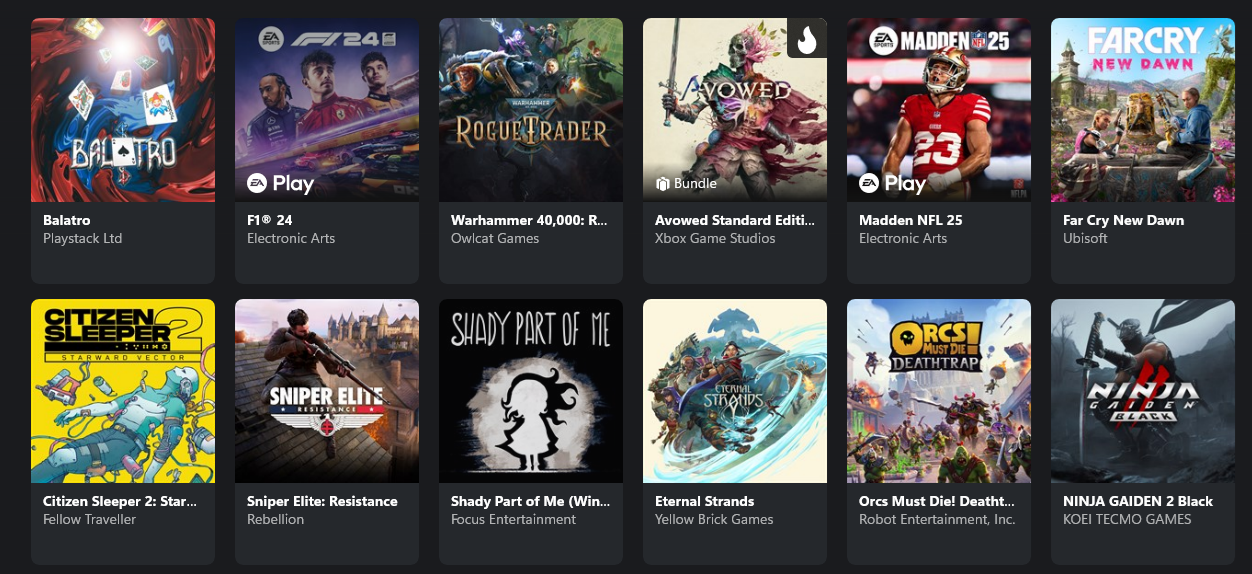
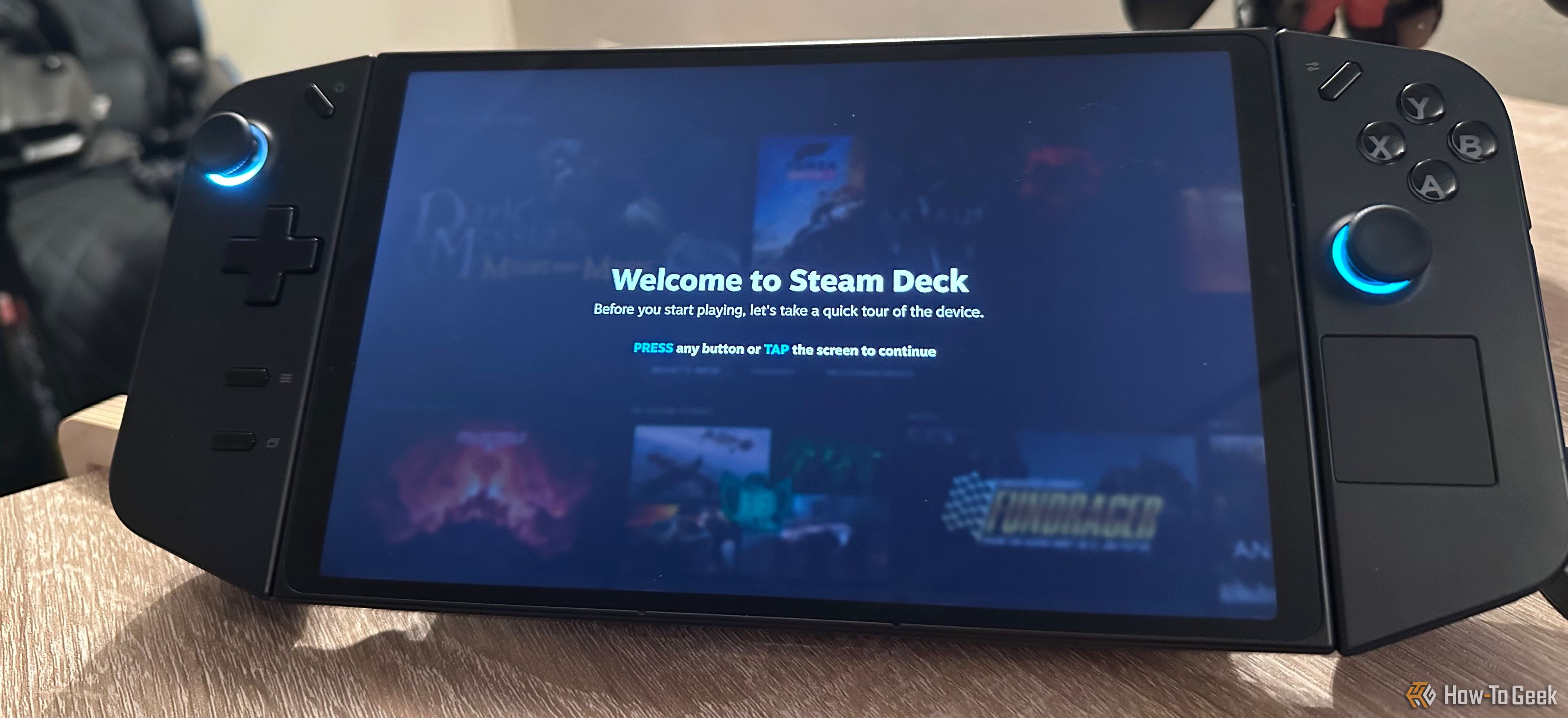

:max_bytes(150000):strip_icc()/GettyImages-1187636710-f8473f63cc9e47b2ba5fddaef1ba2746.jpg?w=1174&resize=1174,862&ssl=1)

:max_bytes(150000):strip_icc()/GettyImages-1973654452-5bb71f494f3041bb85b8b4bfe07fbe9c.jpg?w=1174&resize=1174,862&ssl=1)
:max_bytes(150000):strip_icc()/androiddefaultstoragesdcard-3985367afdbf4d1d90d1ef80ecd40663.jpg?w=1174&resize=1174,862&ssl=1)
Leave a Comment
Your email address will not be published. Required fields are marked *